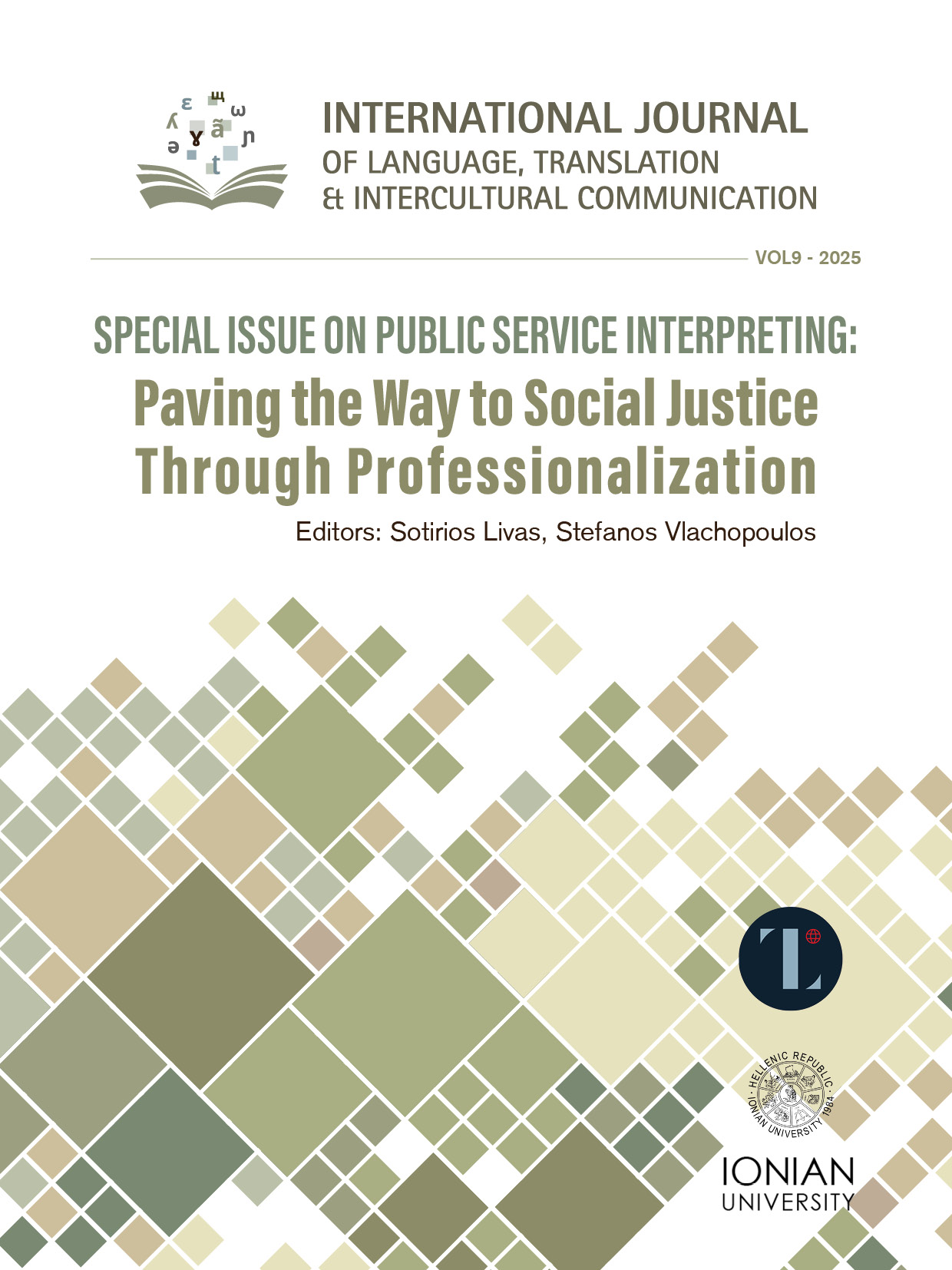A code of ethics in public service interpreting Why a review is needed

Abstract
A code of ethics regulates the conduct of a group of people with specific professional, scientific or educational characteristics, with respect to their appointment in a specific post or position for a certain period of time etc., or a specific procedure. The basic principles included in all codes of ethics for public service interpreters, i.e. confidentiality, accuracy, impartiality, avoidance of conflict of interests, CPD, accountability, role definition, solidarity among colleagues and work conditions (Hale 2007), draw inspiration upon the codes of ethics of conference interpreters, among which the Code of Professional Ethics of the International Association of Conference Interpreters (AIIC) plays a major role. The main concern of the codes of ethics for interpreters is to guarantee quality, professional ethics and work conditions of interpreters in a fast-changing world in order to protect the interpreters’ health and well-being. However, how important does that viewpoint sound to a public employee or a civil servant, who is mainly concerned with the respect of rules and compliance with the law? How easy is it to convince the authorities involved in public service interpreting to adopt a code of ethics laying too much emphasis on the interpreter’s figure, especially keeping in mind authorities tend to consider interpreters a necessary evil? Following the study of several codes of ethics of both conference and public service interpreters’ associations, a review of the codes of ethics for public service interpreters is proposed moving the focus from the interpreters to the procedure and taking into account all participants: public employees/civil servants, beneficiaries and public service interpreters.
Article Details
- How to Cite
-
Petrocheilou, M. (2025). A code of ethics in public service interpreting : Why a review is needed. International Journal of Language, Translation and Intercultural Communication, 9. https://doi.org/10.12681/ijltic.39310
- Section
- Articles

This work is licensed under a Creative Commons Attribution-NonCommercial-ShareAlike 4.0 International License.
Copyright Notice
Authors who publish with this journal agree to the following terms:
- Authors retain copyright and grant the journal right of first publication with the work simultaneously licensed under a Creative Commons Attribution License that allows others to share the work with an acknowledgement of the work's authorship and initial publication in this journal.
- Authors are able to enter into separate, additional contractual arrangements for the non-exclusive distribution of the journal's published version of the work (e.g., post it to an institutional repository or publish it in a book), with an acknowledgement of its initial publication in this journal.
- Authors are permitted and encouraged to post their work online (e.g., in institutional repositories or on their website) prior to and during the submission process, as it can lead to productive exchanges, as well as earlier and greater citation of published work (See The Effect of Open Access).



